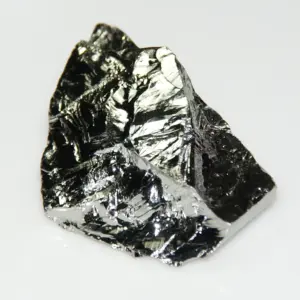Beijing is imposing export controls on crucial raw materials used in the production of semiconductors, communication equipment, and solar panels which may disrupt US-led attempts to shift critical supply chains away from China. These raw materials include gallium and germanium, among other industrial compounds and starting from August 1, their export from China will be subject to state approval.
The measures are reportedly in response to the US’s ban, in October 2022, on the export of some cutting-edge semiconductor technology to China. Experts suggest that while many countries will likely be impacted, the main target of these measures is the US.
China is the world’s largest producer of gallium and germanium, accounting for more than 95% of global gallium output and 67% of germanium production. A recent report from the US Geological Survey and Department of the Interior indicated that between 2018 and 2021, 53% of US gallium imports and 54% of germanium imports came from China.
In the wake of these export restrictions, countries will likely look for alternative sources of these elements. However, immediate replacement of China as a supplier is anticipated to be challenging. The decision also underscores the urgency of reducing dependency on China for critical resources.
The announcement came just hours after the US Treasury Secretary, Janet Yellen, publicized plans to visit Beijing to discuss economic relations and global challenges with Chinese officials. Beijing’s move is seen as potentially gaining leverage in negotiations with Washington over access to core technology.
The US and EU are already in the early stages of reducing their dependence on China, but recreating even a part of the critical mineral supply chains will require significant time and investment. These controls are seen by experts as a potential bargaining chip Beijing could use to persuade Western governments to roll back recent export controls on semiconductors and manufacturing equipment. The situation could further escalate the tech war in the medium term.

